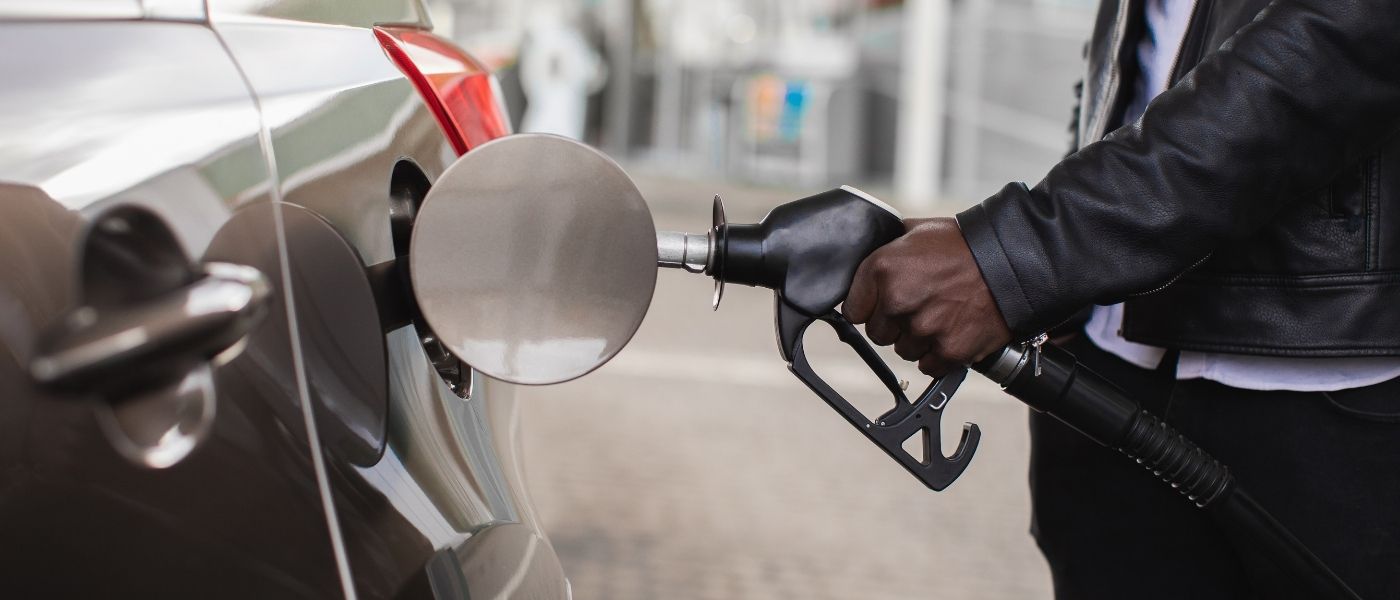Gasoline or diesel? Things are about to get a hell of a lot clearer.
Every time you go to the gas station, there’s always that one green pump for diesel. We usually don’t even think about it, but it’s good to know the differences between the two types of fuel. You might find that one works better for your vehicle’s needs in the long run.
Here’s everything you need to know about diesel versus gasoline. You want your ride to be as powerful as possible, so one option may be better for your vehicle than the other. There’s a history to diesel engines that makes them different from the more common gasoline machines. It’s a good idea to learn the differences between these two unique fuel types and how they affect their engines.
Fuel
Both gasoline and diesel start as oil mined from the Earth. The oil becomes either diesel or gasoline through the refining process. Diesel fuel is a lot thicker than gasoline, so it evaporates more slowly. This slower evaporation is why diesel engines typically have better mileage in the long run. However, diesel is generally more expensive.
Power
Everyone loves a powerful, badass vehicle—the rev of the engine, the smell of burning rubber. Let’s not fool ourselves here; it’s awesome.
Horsepower and torque get your engine moving. Sports cars generally don’t have a lot of torque, but they crush it when it comes to horsepower. High horsepower is why sports cars usually have gasoline engines. However, more torque is why big trucks often use diesel engines.
Maintenance
One thing you need to know about diesel versus gasoline is what parts go into the respective engines. Gasoline engines require spark plugs, and they require more inner reactions to get going. Diesel engines have more straightforward construction, which means fewer parts to crap out on you. Gasoline engines are more likely to need maintenance, but they’re generally less expensive to get fixed because they’re a lot more common.


